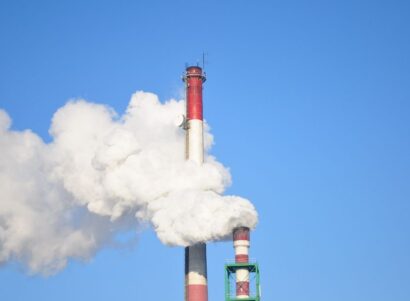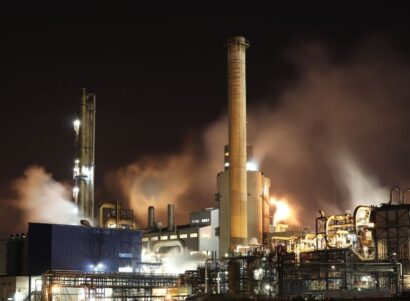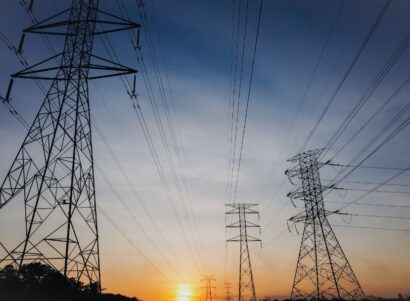Abstract
Unconventional drilling for natural gas by means of high volume horizontal hydraulic fracturing (fracking) is an important global public health issue. Given that no solid epidemiologic study has been done to assess the extent of exposure-related adverse health effects among populations living in areas where natural gas extraction is going on, it is imperative that research be conducted to quantify the potential risks to the environment and to human health not just in the short-term, but over a longer time period since many diseases (i.e., cancers) appear years after exposure. It should not be concluded that an absence of data implies that no harm is being done.

 Study
Study






